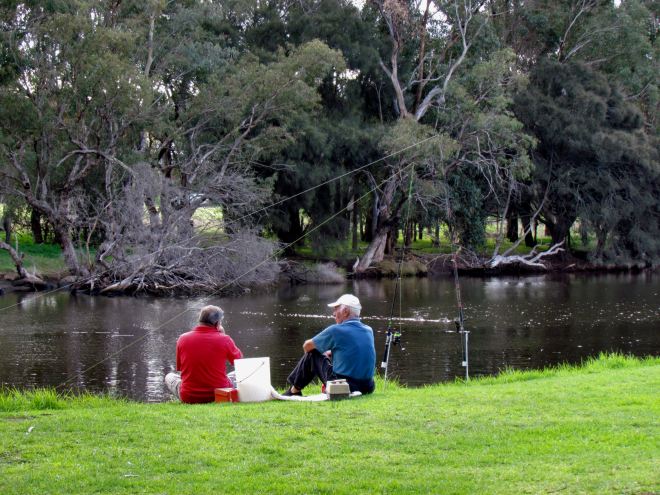What are we waiting for in Advent?
Please read Amos 5: 18-27
Advent has for long been associated with waiting. We have been talking about waiting for the past one week or so. But what exactly do we wait for this Advent season? What does Advent promise us that we are looking forward to?
I recently read something on the Incarnation or the Word made flesh that helps clarify what we should be waiting for:
“The Word that took root in the darkness of Mary’s womb, that took flesh and walked around in this world, that emerged not only in the laboring of a woman but also in the laboring of generations to follow, the ancient Word that springs forth anew—this Word seeks to dwell deeply in us, to be born into the world through us in this and every season.” –Jan Richardson, “The Luminous Word: Living the Advent Hours”.
The Jewish people were waiting for the Messiah, the Redeemer, who would deliver them from the Roman Empire, establish the government of their own people, and fulfill the promises received through their prophets. However, most of us today live in a free world and aren’t expecting the Messiah. In fact, we do have the living Messiah with us now. However, what the world is waiting to see is that the Messiah, the Word who became flesh would dwell deep inside us. By the indwelling of the Word in us, let a new, transformed life may emerge. May Christlike life be born in and through us this Advent so that the world around us may be amazed to see the mighty work of God in each one of our lives.
The Kingdom that the Word came to inaugurate must now be expanded through you and me. What Prophet Amos imagined must now be fulfilled through our actions:
“But let justice roll down like waters, and righteousness like an ever-flowing stream” (Amos 5: 24 ESV).
What Prophet Isaiah wished for must become a reality in our lives:
“Oh that you had paid attention to my commandments! Then your peace would have been like a river, and your righteousness like the waves of the sea” (Isaiah 48:18 ESV).
Furthermore, could we say that Isaiah’s prayer be answered now in our days when,
“The LORD’s justice will dwell in the desert, his righteousness live in the fertile field.” (Isaiah 32: 16 NIV).
Will we work together to make that highway a reality which Prophet Isaiah dreamed of:
“And a highway shall be there, and it shall be called the Way of Holiness; the unclean shall not pass over it. It shall belong to those who walk on the way; even if they are fools, they shall not go astray” (Isaiah 35: 8 ESV).
Until these promises are fulfilled, we wait in vain. We go through the motion and routines of Advent and Christmas celebration without paying attention to what we’re expecting?
Come Lord Jesus!
Leave a Comment









